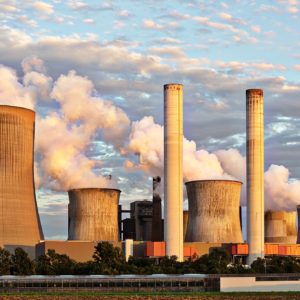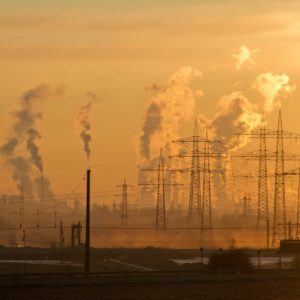Knopf is just on example of farmers being the world's best conservationists.
30 Easy Ways to Make Your Home More Eco-Friendly
From LED lights to meatless Mondays, here are 30 simple ways to make you home more eco-friendly.
The GOP faces a generational gap on climate change
Younger Republicans increasingly believe that the U.S. should prioritize new technological innovation and addressing climate change.
This Startup’s Building A Factory To Sustainably Turn Natural Gas Into Fertilizer
“The company has a process that it uses to break apart natural gas to produce carbon black, which is commonly used in materials like rubber, as well as hydrogen, which can be used for a variety of purposes—in this case, being combined with nitrogen to create ammonia.”
Yes, You Can Use An Electric Scooter In Rural America
Sebastian Blanco shares his experience on Forbes, of riding an electric scooter through rural America. online pharmacy prednisone online with best prices today in the USA “So, yes, you can use an electric scooter in rural America. At least, some of us can.” online pharmacy purchase super-kamagra online with best prices today in the USA...
Senators Braun and Coons Prove Bipartisan Progress is Possible on Climate
Senator Braun’s leadership, courage and willingness to offer conservative solutions shows that this is no longer a one-party issue.
This One Simple Question Will Shape the Future of Energy
“If we are serious about addressing climate change, then the future of energy must be clean. With carbon-free electricity sources like nuclear, we can power our way of life, reduce emissions, and save the planet.”
6 Famous Brands That Are Reducing Their Carbon Footprint
ISwitch highlights 6 popular brands that are reducing their carbon footprint.
Utilities Look to Green Hydrogen to Cut Carbon Emissions
“U.S. utilities are increasingly exploring the use of what is called green hydrogen made from wind and solar energy to reduce emissions from power plants and pipelines.”
The US must lead in the fight against climate change
“The United States has an opportunity to set a positive example for the rest of the world by promoting the increased development of innovative technologies and by producing cleaner energy for the world to use.”









